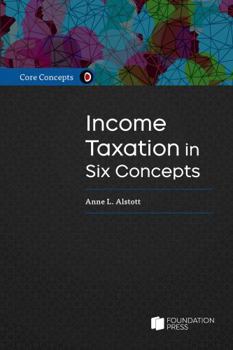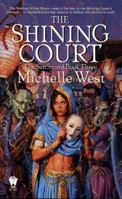Core Concepts: Income Taxation in Six Concepts
This book demystifies tax by showing how its complexity can be boiled down to just six easy-to-understand concepts. The book analyzes all the major cases in the basic income tax course to demonstrate shows how each illustrates one or more of the six concepts. The six concepts also shed light on real-world business and investment transactions, with examples including loans, leases, annuities, stock dividends and more. If you're already in practice, the book includes an abundance of examples drawn from the business world. If you're still in law school, you'll find that the book's organization mirrors the layout and contents of most basic income tax casebooks.The book includes a glossary of tax and business terminology, so that even students without a business background can feel confident in their grasp of terms like stocks, bonds, and options. Finally, law students may want to look at Appendix B, which provides a guide to writing an issue-spotter exam. These exams recur in almost every class, but they differ from the kinds of essay exams you took in college. The appendix offers a short primer on what to do--and what not to do--when you're asked to spot legal issues.
Format:Paperback
Language:English
ISBN:1636598072
ISBN13:9781636598079
Release Date:December 2024
Publisher:Foundation Press
Length:281 Pages
Weight:0.80 lbs.
Dimensions:6.0" x 9.0"
You Might Also Enjoy
Customer Reviews
0 customer rating | 0 review
There are currently no reviews. Be the first to review this work.









































